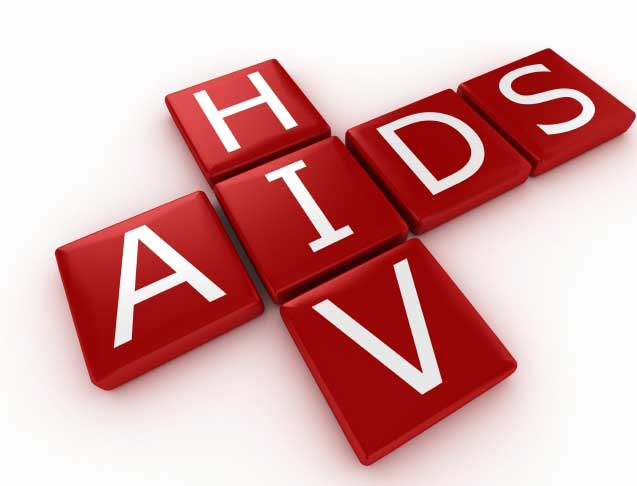Alarm Bells due to Slippage in AIDS Response in the Caribbean.
“Complacency is largely responsible for the slippage in the AIDS response in the Caribbean”. This is the view of the UN Secretary General Special Envoy for HIV in the Caribbean, Dr Edward Greene who was speaking from Durban, South Africa where over 18,000 scientists, practitioners and members of civil society are meeting at the 21st International AIDS Conference.
Dr. Greene was referring to the recent 2016 Prevention Gap report issued by UNAIDS just before the Conference began on 18 July. That report shows that after years of steady decline, the Caribbean saw a 9% rise in new infections between 2010 and 2015 and only Eastern Europe and Central Asia with a rate of 57% had a higher increase. The Caribbean statistics compared with a 2 % increase in Latin America, 3% in Asia and the Pacific 4% in the Middle East, North Africa , Eastern and Southern Africa for the same period. In Western and Central Europe, North America and Western and Central Africa there have been marginal declines in new infections.
This global situation has caused Michel Sidibé, Executive Director of UNAIDS to sound the alarm that ” if there is a resurgence now, the epidemic will be impossible to control. The world needs to take urgent and immediate action to close the prevention gap”.
Elaborating on the situation for the Caribbean, Dr Greene said that it is necessary for a thorough analysis of the causes and direction of the prevention gap. Based on his close monitoring of developments in the region, he identified the possible causes as: inadequate attention to testing and treatment, including late testing of people with HIV, lack of care centers and fall in the rates of retention of infected people in care. These he said are compounded by equity in access to care especially for the vulnerable populations including men who have sex with men, sex workers, transgender people, those who inject drugs and prisoners.
” In the Caribbean generally, HIV related stigma and discrimination is one of the major barriers for key populations’ access to prevention options, since people do not feel safe or have the means to access combination services. Each time you describe this as a violation of human rights there are some `elements’ that equate this with pushing a gay agenda. Now we are seeing the consequences which could be devastating for the Caribbean” he said.
According to Dr Greene, the complacency and/or inefficiency on the part of several governments has resulted in inadequate supplies of medicines and inadequate treatment regimes which fail to immediately treat those that have been diagnosed as HIV positive, one of the cardinal principles of arresting the spread of the disease.
In addition, he feels strongly that in too many countries in the region, sex education in being insufficiently promoted or implemented This is a major problem especially at a time when the evidence points to early sexual initiation of both boys and girls –as early as 14 and 15 years — and when the incidence of rape and sexual violence places the Caribbean among the highest in the world. A recent UNFPA study shows that one in every five females has been the victim of sexual abuse. For this reason, he expressed delight that “the recently concluded 37th Conference of Heads of Government in Guyana endorsed the “Every Caribbean Girl, Every Caribbean Woman Initiative”. Dr. Greene explained that the initiative was championed by the First Ladies of the Region and places emphasis on policies and programmes designed to eliminate sexual violence, cervical cancer, trade in persons, which effect young girls in particular, and mother to child transmission of HIV.
The Special Envoy also leveled blame for this situation on the growing funding gap resulting from a drop in international donor support. Whereas five years ago the PANCAP Caribbean Partnership Against HIV and AIDS (PANCAP) attracted donor support of over US$ 50M, in this current period, together with the Caribbean Vulnerable Communities Collective, it has received approximately US$22M. Hence prevention and treatment programmes have been seriously compromised.
Once again he believes that the CARICOM Heads of Government must be commended for their resolution to continue to advocate for filling the funding gap. But he added “Heads must resolve to take action in ensuring that they reduce their dependency on external funding if they are seriously committed to the Nassau Declaration that the health of the region is the wealth of the region”.
Dr Greene who participated in several panels promises to provide a full interview on the major issues of concern to the Caribbean arising out of the 21st International AIDS Conference which ends on 22 July, 2015.





